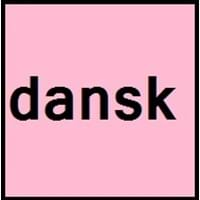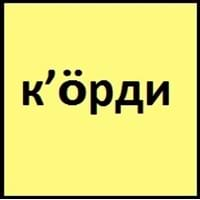Danish vs Kurdish Dialects
Dialects
Dialect 1
Scanian
Northern Kurdish
Where They Speak
Sweden
northern Iraq, northern Syria, northwest Iran, southeast Turkey
How Many People Speak
80,000.00
99+
20,000,000.00
10
Dialect 2
Jutlandic
Central Kurdish
Where They Speak
Denmark
Iraq, Kurdistan Province of western Iran
How Many People Speak
Not Available
5,000,000.00
14
Dialect 3
Bornholmsk
Southern Kurdish
Where They Speak
Island of Bornholm
Eastern Iraq
How Many People Speak
Not Available
3,000,000.00
12
Total No. Of Dialects
4
4
3
3
Where they Speak Danish and Kurdish Dialects
Danish vs Kurdish dialects consists information about where they speak Danish and Kurdish dialects.
- Danish Dialects:
- Scanian spoken in: Sweden
- Jutlandic spoken in: Denmark
- Bornholmsk spoken in: Island of Bornholm
- Kurdish Dialects:
- Northern Kurdish spoken in: northern Iraq, northern Syria, northwest Iran, southeast Turkey
- Central Kurdish spoken in: Iraq, Kurdistan Province of western Iran
- Southern Kurdish spoken in: Eastern Iraq
How Many People Speak Danish and Kurdish Dialects
Dialects are the varieties of a language that is distinguished from each other on basis of phonology, grammar, vocabulary, speaking regions and speaking population. Danish vs Kurdish Dialects also tells you about how many people speak Danish and Kurdish Dialects.
- Danish Dialects:
- Scanian speaking population: 80,000.00
- Jutlandic speaking population: Not Available
- Bornholmsk speaking population: Not Available
- Kurdish Dialects:
- Northern Kurdish speaking population: 20,000,000.00
- Central Kurdish speaking population: 5,000,000.00
- Southern Kurdish speaking population: 3,000,000.00
More on Danish and Kurdish Dialects
Explore more on Danish and Kurdish dialects to understand them. The Danish vs Kurdish dialects include one ‘written’ form and several ‘spoken’ forms. Some language dialects vary most in their phonology, and lesser in vocabulary and pattern. Some languages have dialects while some don't have.





